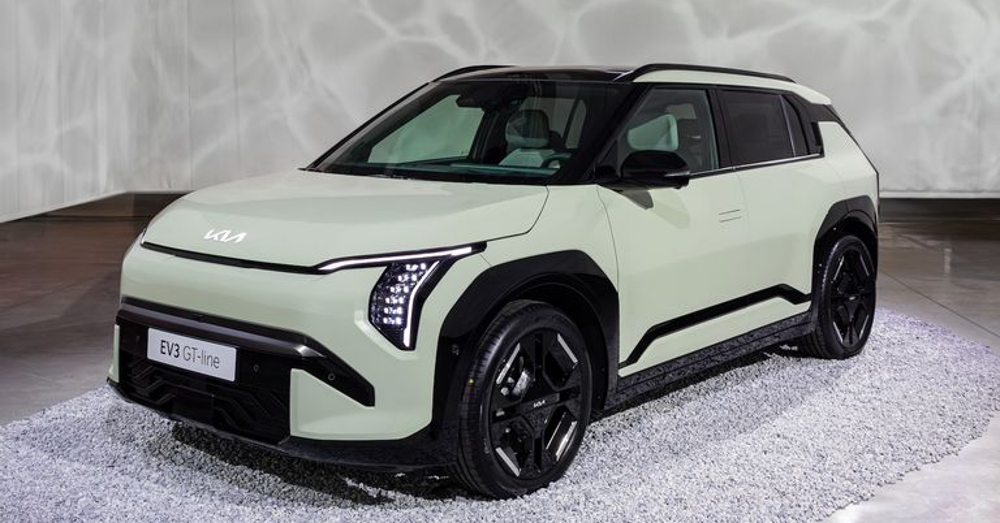Electric vehicles have been big news for the past several years, but not all news is good news. EV startups might suffer, especially in America.
The rush to transition to EVs might be coming to an end. Although EV sales continue to rise compared to a few years ago, the growth isn’t as substantial as expected. Many automakers are banking that adding more EVs is the pathway to actual growth, but they could be wrong. Although more EVs are hitting the market, only those coming from well-established brands could survive.
Let’s look at some of the bad news disrupting the future of electric vehicles in America.
Fisker isn’t long for the market
It was a longshot from the start, but Fisker could have been another EV startup that would give us a lineup of electric models that would challenge Tesla for dominance. Americans would certainly get behind Fisker much sooner than one of the many Chinese EV companies. Recently, Fisker filed for bankruptcy, which was something we could easily see coming, considering the lackluster support and lack of funding for Fisker vehicles. This brand failed to gain enough new investment capital to restart production of the Ocean electric crossover SUV.
Strangely, this is the second time Fisker has gone bankrupt, which could be a positive for the company. We might yet see electric vehicles wearing the Fisker badge if this company is able to come out of this event. It’s likely that the Fisker Ocean missed the mark due to bad timing. Last year at this time, EVs were on the rise, with a meteoric increase in sales. Today, that’s not the case. If Fisker had only arrived a year or two sooner, it might have been able to avoid the pitfalls of filing for bankruptcy, but then again, maybe not.
Volvo turns its back on gasoline
The new news isn’t Volvo’s movement away from gasoline models from its plant in South Carolina, but something else entirely. This new information is related to dropping gasoline models with the ending of the Volvo S60 Recharge. You might think it foolish for the brand to move away from this car, but it’s been part of the plans for a few years. The S60 Recharge is built at Volvo’s South Carolina plant, and it won’t be offered after the 2025 model year.
The Volvo S60 Recharge isn’t one of the many electric vehicles in the market, but it’s a plug-in hybrid model. This vehicle is the highest-mileage vehicle from Volvo, which means the brand might be a little hasty in its efforts to move away from gas-powered vehicles, including those with the addition of electric systems that make them PHEVs. Could plug-in hybrids be the actual future of driving greener? If so, Volvo could make a terrible mistake by dropping all gas engines from the models built at its South Carolina plant. Right now, it’s unclear where the V60 wagon models stand in terms of production, but the S60 Recharge is gone after next year.
Could a Kia EV qualify for the tax credit
In a bit of good news for electric vehicles, Kia might build the new EV3 electric SUV in a location that would allow it to qualify for the $7,500 federal tax credit. Typically, Kia vehicles don’t qualify for this credit because they aren’t built in North America, but the new EV3 might be assembled in Mexico, which would all this new compact electric SUV to qualify for the credit.
The new EV3 could arrive in the U.S. market with a price as low as $30,000, making it one of the most affordable EVs in the entire market. Although production in Mexico hasn’t been confirmed yet, it could open some doors for Kia to be one of the latest automakers to have products that qualify for the tax credit. Of course, this move will require the U.S. market for EVs to become much better than they are right now.
Where are electric vehicles going?
Many countries have embraced EVs as the future of driving, but there’s a bit of a slowdown in these models being sold. Much of this could be because consumers are looking for the benefits that EVs offer over gas-powered vehicles; and many don’t think they are enough to warranty switching to a full-electric drive.
These are only a few of the things going on with electric vehicles. Hopefully, we’ll see more positive information, such as the affordability of the Kia EV3, which could cost as little as $22,500 after the tax credit.
This post may contain affiliate links. Meaning a commission is given should you decide to make a purchase through these links, at no cost to you. All products shown are researched and tested to give an accurate review for you.

